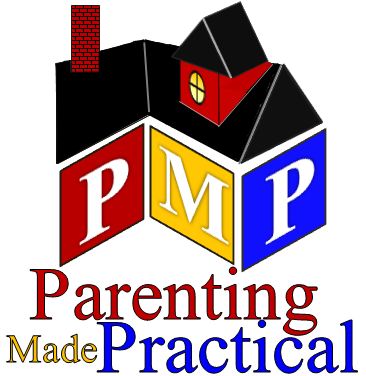By Joey & Carla Link
July 12, 2023

When your kids are not getting along, by the time parents get involved someone is usually physically hurt. Pushing, shoving, poking each other – when is it going to stop! You think you are dealing with it, but are you?
When your kids aren’t getting along, rarely does it start with anything physical. It starts with how they use their words. Hurtful, angry words lead to lashing out physically because they want the other person, usually a sibling to hurt as much as they do.
“Do not let any unwholesome talk come out of your mouths,
but only what is helpful for building others up
according to their needs, that it may benefit those who listen.”
Ephesians 4:29:
You may have your kids look this verse up or quote it to them yourselves, but here’s our question. If you asked each of your kids separately what “unwholesome” means, what would they say? We all tend to use words kids have no idea the meaning of.
It’s easy to read this verse and think “unwholesome” means not using bad language like swearing. But bad language is also when words are used to hurt each other.
“…but only what is helpful for building others up according to their needs,
that it may benefit those who listen.”
The next time your kids are using words to hurt one of their siblings, read the verse out loud and have them explain what it means.
1. Teach your kids their words leave wounds that do not always heal. Words can act like a knife and cut into an open wound which really hurts, but boys especially are afraid to show that it does. They stow these words away in their hearts and the wounds do not heal and when they are opened again and again with harsh words, eventually the recipient will lash out, his hurt showing in anger that makes him look like a bully.
We recommend you present a fun teaching time by going and getting some straws and peas. When I (Joey) was a kid, we could buy pea shooters where we would put these little peas in our mouths and had extra wide straws and used them to shoot/spit peas through the straw at targets. All too often the “targets” ended up being each other and our goal was to see how much sting the peas made on one’s skin. Get some pea shooters and give them to your younger kids and let them shoot at the older one.
The goal is to demonstrate how much a word or phrase can hurt coming out of someone’s mouth like the peas out of the shooter. Once it is out of a kid’s mouth, the sting is left and the words can’t be taken away. It doesn’t “build others up according to their needs.” Part of the Repentance/Forgiveness and Restoration process is to make right the wrong you committed. Ask the child/teen apologizing how he/she can help build a wall of encouragement to those their words have hurt then listen to them tell this sibling what they came up with.
2. Teach your kids their words need to benefit others. “That it may benefit those who listen,” is the last part of this verse and it is often overlooked. Discuss with your kids/teens what words would “benefit” their siblings. To benefit something is to give them a gift for profit, which is to say “so they gain something.” Words that benefit kids are kind words or compliments about something they did.
To speak words that “speak life” instead of being hurtful means you have to teach your kids how to think about what they say before they say it. Have them ask themselves, “How is this going to benefit her/him and build them up?”
That is exactly what Hebrews 10:24 means when it says,
“And let us consider how we may spur one another on
toward love and good deeds.”
3. Teach your kids (7 yrs. and up) to discern when their teasing has gone too far. Personally I (Joey) like to play sports. Any game can produce a lot of jeering and teasing. Much of it is part of the game and kids need to learn how to handle that as they will have it all their lives. But when it gets personal and out of hand, the teasing has gone too far and it’s become malicious instead of fun. Kids should be encouraged to stand up for the wronged person just as they would want that person to stand up for them if the situation was reversed.
Do your kids know when to stop teasing others and when to step in and spur others on to love and good deeds? If not, let them know you will watch them practice on their siblings to help them build up the courage to look for ways they could do it with their friends.
4. Show your kids how words can both build others up and benefit them as well by the words they hear coming from your mouths.
“Let the words of my mouth and the meditation of my heart
be acceptable in your sight, O LORD, my rock and my redeemer.”
Psalm 19:14
For more information check out our Mom’s Notes Presentations
Dealing with Sibling Conflict
Part 1 “Understanding Sibling Conflict”
Part 2 “Conflict Resolution”
